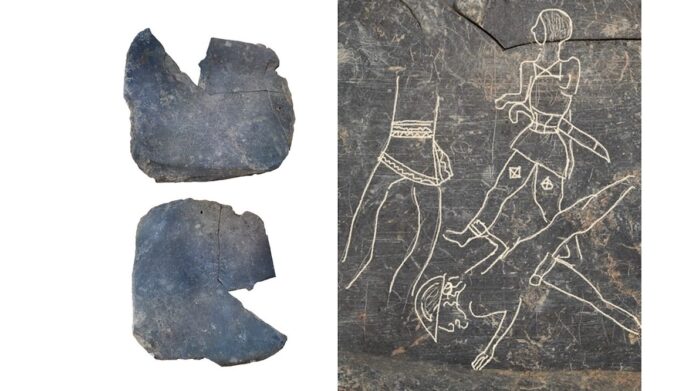A New Discovery in Spain: The Paleo-Hispanic Alphabet
Archaeologists in Spain have recently unearthed an exciting find: a previously unknown Paleo-Hispanic alphabet. This discovery, located in the ancient site of a settlement in the province of Zaragoza, provides new insights into the linguistic and cultural practices of early Iberian civilizations.
The newfound alphabet, carved into stone tablets, dates back to the early first millennium BCE, a period rich with interactions between indigenous Iberian tribes and neighboring civilizations, such as the Phoenicians and Greeks. Unlike the more familiar Iberian scripts, this alphabet exhibits unique symbols and structures that suggest a distinct linguistic evolution, possibly influenced by yet-undocumented cultural exchanges.
Dr. Elena Martínez, leading the excavation team, stated, “This discovery is monumental. It not only expands our understanding of ancient Iberian writing systems but also hints at the complexity and diversity of prehistoric Iberian cultures.” The intricate carvings on the tablets include symbols for both consonants and vowels, indicating a sophisticated level of phonetic representation.
The implications of this find are profound. It offers a new lens through which to view the ancient Iberian Peninsula’s socio-political landscape. Scholars anticipate that further study of the script will reveal more about the region’s trade networks, religious practices, and daily life. The tablets are now undergoing detailed analysis, including 3D scanning and linguistic reconstruction, to decipher their contents fully.
This discovery adds a crucial piece to the puzzle of Europe’s prehistoric past and underscores the rich tapestry of human history that continues to be revealed through archaeological endeavors. As researchers delve deeper into the mysteries of the new alphabet, the world watches with anticipation for the stories these ancient stones will tell.


